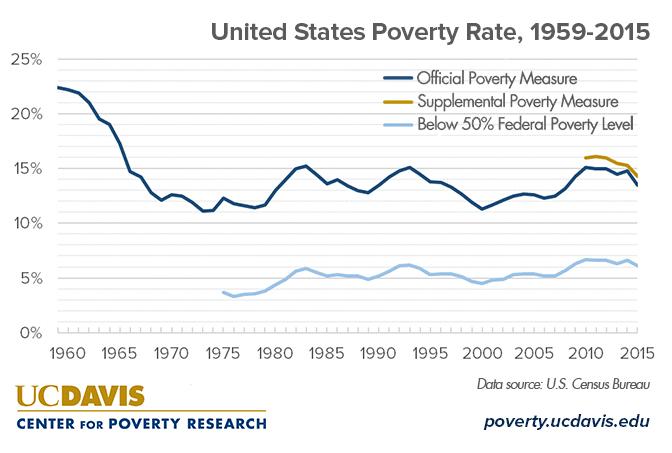Let me keep it simple. I get the impression you're saying that you had it just as tough as most others, in particular the people represented in The Wired and you firmly believe anyone, like you, like them, can come out of whatever their circumstances are and make a good living.Still not sure what you're saying. Can I imagine being black? I can imagine being black more than you, probably, because I went to a majority black school and have many black friends. However, I'm not black, so I can only imagine.
Where I lived growing up was in the worst part of my town. There were gangs, but I wasn't involved, other than having fights with some of them individually - which I can say I never definitively lost, which is probably a good thing looking back at it. Luckily, no one shot me. In fact, that wasn't a thing any of us expected back then. It was just standard fighting without weapons of any kind, although one time a guy did look for me with a knife after I had knocked his teeth out (God's honest truth). However, after he was taken to the hospital and had his mouth taken care of, he never tried to stab me or anything. In fact, he actually returned to being a friend. He was bigger than me so it was good for him and me that we remained friends. It's an image thing. I think I'm pretty safe in assuming that you, and probably no one on the WC, has had that kind of experience. Wrong?
I think we can agree that times have changed. My fights would probably be far more serious if they had happened now. The fighting wasn't a picnic back then of course, but I was never worried about being killed. Kids do worry about that now.
What I'm fishing for, if you will, is evidence that your circumstances weren't really all that comparable to what Zeke was talking about, for starters, you were born white, and second you were born a long time ago when things weren't nearly as bad as they are now. In other words, there are several quantum differences in circumstances and though yours might have been several quanta worse than mine or Zeke's or NPT's, I'm willing to bet they were several quanta better than some here in the US. Thus, you're far oversimplifying the situation for those people. They're up against odds far greater than you had and let's not ignore that you're probably pretty far to the right on the bell curve in terms of intelligence and native ability.
You're free to base your political beliefs on whatever you want, but if you're going to be honest, that includes admitting you're ignoring those who you're ignoring if you're ignoring anyone.



